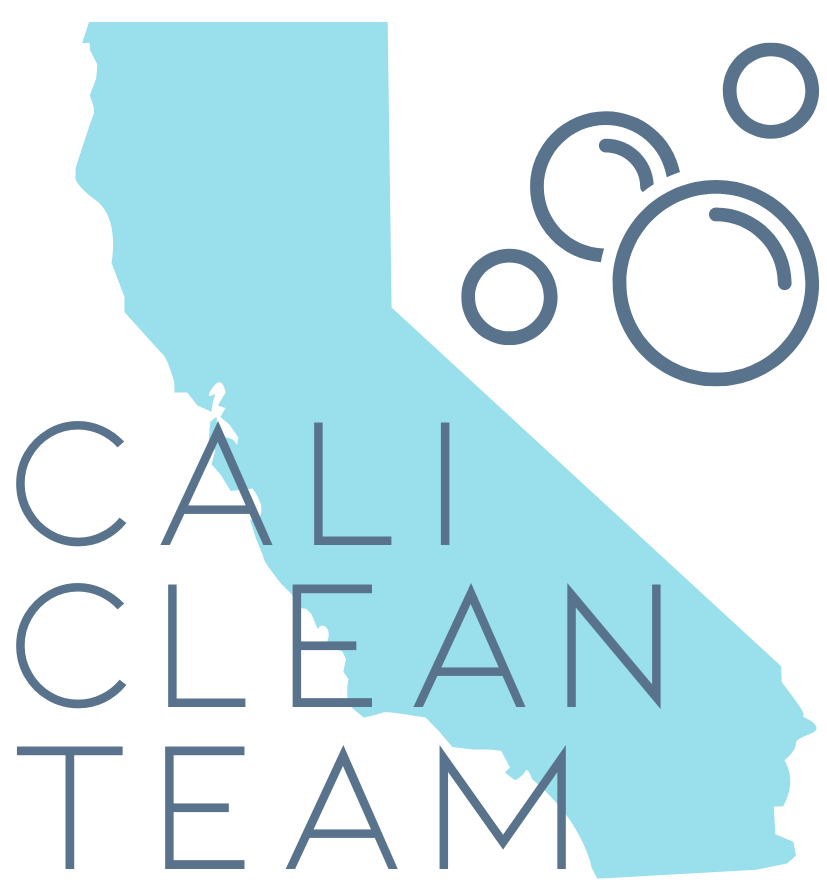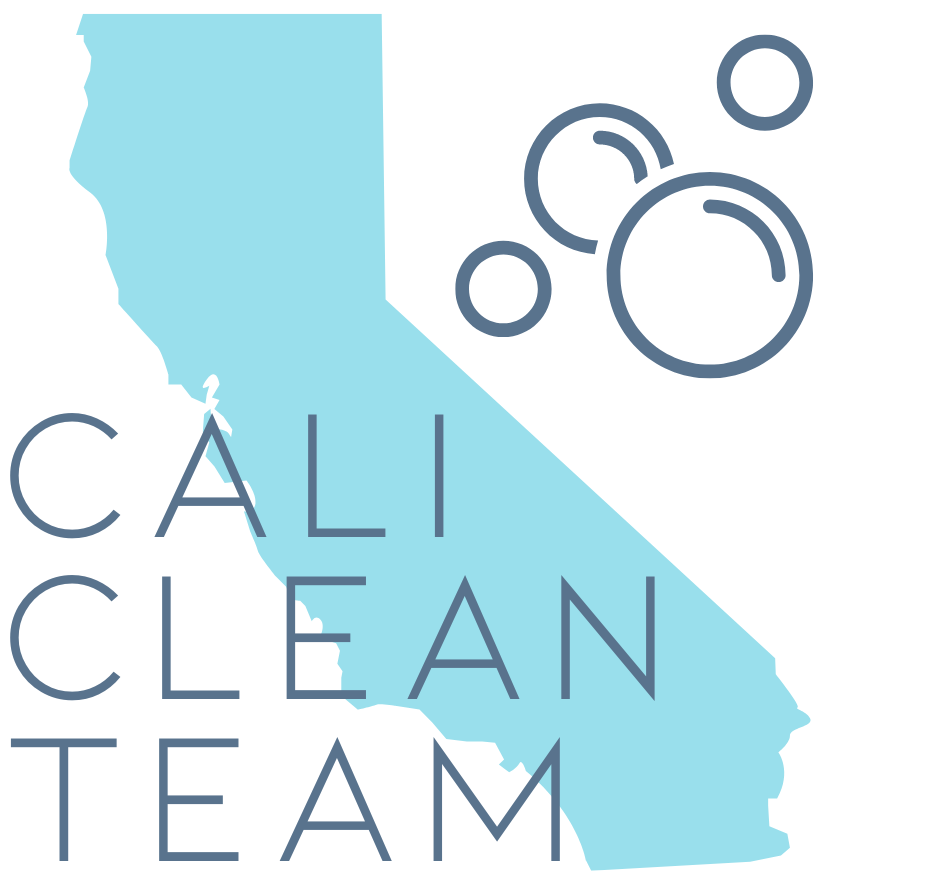Eco-Friendly Kitchen Cleaners You Should Try
A clean kitchen is a happy kitchen. But what if you could keep it spotless while also caring for the environment?
Enter eco-friendly kitchen cleaners. These products are designed to be tough on grime, yet gentle on the planet.
They’re free from harmful chemicals found in traditional cleaners. This makes them safer for you and your family, and kinder to the environment.
In this guide, we’ll explore the best eco-friendly kitchen cleaners you should try. We’ll cover everything from drain cleaners to surface sprays, and even homemade solutions.
Whether you’re an eco-conscious homeowner or just looking to reduce your ecological footprint, this guide is for you.
Ready to transform your kitchen cleaning routine? Let’s dive in.
Why Choose Eco-Friendly Kitchen Cleaners?
Switching to eco-friendly kitchen cleaners offers multiple benefits. Not only do they help preserve the planet, but they also promote a healthier home environment.
Traditional cleaners often contain harmful chemicals. These chemicals can irritate your skin, eyes, and respiratory system. They pose risks not only to humans but also to pets.
Eco-friendly products, on the other hand, are crafted from natural ingredients. They’re designed to biodegrade, reducing their impact on air and water pollution.
Here’s why they stand out:
- Free from toxic chemicals
- Biodegradable and non-polluting
- Safer for families and pets
Creating a sustainable kitchen means more than just using green cleaners. It involves understanding the full impact of your choices and striving for continual improvements.
Choosing these products contributes to a lifestyle that respects both your health and the ecosystem. It’s a commitment to a cleaner, greener future.
Identifying Harmful Ingredients to Avoid
Many kitchen cleaners on the market today contain hazardous substances. These can include ammonia, chlorine bleach, and phosphates. They’re excellent at cleaning but carry significant risks.
Exposure to these chemicals can cause various health issues. Short-term exposure might lead to skin irritation and breathing difficulties. Long-term exposure can contribute to more severe health problems.
The impact doesn’t stop at health concerns. Harmful chemicals also pose environmental dangers. They can contaminate water sources and harm aquatic life when they’re rinsed down the drain.
It’s important to be vigilant and informed. Learn to recognize these ingredients on product labels. By doing so, you can actively minimize your exposure and choose safer alternatives. Reducing reliance on such products is a critical step toward a more sustainable and health-conscious lifestyle.
Best Eco-Friendly Cleaners for Kitchen Sink Smells
Tackling kitchen sink smells requires effective and safe solutions. Traditional cleaners mask smells but often contain chemicals. Eco-friendly alternatives can eliminate odors without harmful effects.
Enzyme-based cleaners are highly recommended. They break down organic material causing the smell. This natural process ensures that the source of odors is completely removed.
Natural ingredients like lemon and vinegar are also beneficial. They possess inherent antibacterial properties. These ingredients contribute to freshness without introducing chemicals into your home.
Here are some top recommendations for eco-friendly drain cleaners:
- Bio-Clean: An enzyme-based cleaner that’s both effective and biodegradable.
- Earthworm Drain Cleaner: Utilizes natural enzymes to target and eliminate odor-causing grime.
- Green Gobbler Drain Clog Dissolver: A plant-based product renowned for its efficiency.
These options provide powerful results without compromising on environmental safety. Each product supports a sustainable kitchen while keeping your sink fresh and odor-free.
Top Picks for Eco-Friendly Kitchen Cleaning Products
Finding the best cleaner for kitchen surfaces that is both effective and sustainable can be a challenge. However, a few eco-friendly products stand out, offering powerful cleaning without harmful chemicals.
For overall kitchen surface cleaning, plant-based cleaners are excellent. Products like Seventh Generation All Purpose Cleaner harness natural ingredients. They leave your kitchen sparkling and safe for use.
Grease can be a stubborn foe in the kitchen. The best kitchen cleaner for grease should cut through it effortlessly. We recommend Method Heavy Duty Degreaser for this task. It’s plant-based and targets grease with precision.
Another great option for grease removal is ECOS Orange Plus Cleaner. This cleaner uses natural citrus oil, a known grease-cutter. Its sweet, natural fragrance is an added benefit.
For those interested in DIY solutions, homemade kitchen cleaner recipes are ideal. Simple ingredients like vinegar and baking soda can be surprisingly effective. Combined with essential oils, they provide a customizable cleaning experience.
Here’s a list of our top eco-friendly cleaning products:
- Seventh Generation All Purpose Cleaner: Safe for all surfaces and tough on dirt.
- Method Heavy Duty Degreaser: Especially effective on grease.
- ECOS Orange Plus Cleaner: Uses natural citrus oil for grease removal.
- Mrs. Meyer’s Multi-Surface Everyday Cleaner: Plant-based with delightful scents.
- Better Life All-Purpose Cleaner: All-natural ingredients with excellent cleaning power.
These products assure a clean and toxin-free kitchen. They promote healthier living while protecting the planet. Choosing green products means a step toward sustainability.
Besides ready-made products, DIY options let you tailor cleaners to personal preferences. Experiment with essential oils for fragrance, keeping your home chemical-free and fresh-smelling.
With both commercial and homemade options, you can maintain cleanliness efficiently. Eco-friendly products not only clean but also offer peace of mind. They help you create a safer, healthier kitchen environment.
DIY Homemade Kitchen Cleaner Recipes
Creating homemade kitchen cleaners is a rewarding and eco-friendly practice. With simple ingredients found in most households, you can craft effective, natural cleaners. These solutions are free from harmful chemicals, making your kitchen safe for everyone.
Vinegar is a hero ingredient in many DIY recipes. Its natural acidity helps cut through grease and disinfect surfaces. For a basic cleaner, mix one part water with one part vinegar in a spray bottle. This solution works wonders on countertops and appliances.
Baking soda is another powerful ally in green cleaning. Its mild abrasiveness makes it perfect for scrubbing grime. Sprinkle baking soda on surfaces, then scrub with a damp cloth or sponge for shiny results.
To add a pleasant scent and extra cleaning power, incorporate essential oils. A few drops of lemon or tea tree oil enhance both fragrance and antimicrobial properties. These oils contribute to a clean smell while boosting effectiveness.
Here are a few popular homemade cleaner recipes:
- Simple Vinegar Cleaner: Mix equal parts water and vinegar in a spray bottle.
- Baking Soda Scrub: Sprinkle baking soda and scrub with a damp cloth.
- Lemon Oil Disinfectant: Add 10 drops of lemon essential oil to your vinegar cleaner.
- All-Purpose Cleaner: Combine 1 cup water, 1 cup vinegar, and 30 drops of tea tree oil.
Creating your own cleaners provides flexibility and savings. You can tailor recipes to your needs and preferences. Homemade cleaners allow control over ingredients, reducing exposure to potential allergens and irritants.
Through these homemade solutions, cleaning becomes a greener, more personalized experience. They offer effective cleaning while being gentle on the planet and your wallet. With a little creativity, your kitchen can sparkle sustainably.
Reading Labels: Finding Truly Green Cleaning Products
Identifying genuinely eco-friendly kitchen cleaning products requires careful label reading. Many products claim to be green, but only some truly are. It’s essential to spot authentic eco-friendly characteristics.
Look for certifications and eco-labels from reputable organizations. Certifications like USDA Organic or Green Seal indicate rigorous environmental standards. These labels ensure the product meets specific criteria for sustainability.
Familiarize yourself with terms like biodegradable and non-toxic. Be cautious of vague terms such as “natural” without certifications. Understanding these labels helps make informed choices, reducing your kitchen’s ecological footprint.
The Role of Sustainable Tools and Practices
Sustainable cleaning tools can greatly enhance your green kitchen cleaning routine. Microfiber cloths, for instance, are a fantastic alternative to paper towels. They effectively trap dirt and require less detergent.
Incorporating tools like reusable sponges and dish brushes also contributes to a sustainable kitchen. These tools often last longer than their disposable counterparts. This switch reduces waste and supports eco-friendly practices.
Regular maintenance is key to cutting down on harsh cleaners. Establishing a simple cleaning routine prevents grime from building up. Consistent cleaning minimizes the need for powerful, often chemical-laden products.
Consider the following sustainable tools for your kitchen cleaning routine:
- Microfiber cloths for efficient dust and dirt removal
- Reusable sponges and brushes
- Non-abrasive scouring pads made from natural materials
By adopting these practices, you can ensure an eco-friendly kitchen that’s clean and environmentally conscious.
Eco-Friendly House Cleaning Services
Switching to eco-friendly cleaning services can have numerous benefits. These services use non-toxic products, which are safer for your family. They also prevent harmful chemicals from entering the environment.
Many eco-friendly cleaning services are committed to sustainability. They reduce waste by using reusable tools and eco-conscious products. This supports a healthier planet while delivering top-notch cleaning.
Hiring a green cleaning service also saves you time and effort. Professionals are equipped with the knowledge and tools to clean efficiently. You can enjoy peace of mind, knowing your kitchen is both clean and environmentally safe.
Making the Switch: Transitioning to Green Cleaning
Switching to green cleaning doesn’t have to be daunting. Start by replacing one product at a time. This gradual approach makes the transition manageable and less overwhelming.
Educating yourself and others about the benefits of eco-friendly products is crucial. Share information on the health and environmental advantages. Awareness can encourage family and friends to make the switch too.
Incorporate eco-friendly habits into your daily routine. Look for DIY recipes and bulk-buy eco products to save money. Celebrate small victories as each step contributes to a healthier environment and home.
The Bigger Picture: Eco-Friendly Cleaning and Lifestyle
Embracing eco-friendly cleaning is about more than just the products. It’s part of a broader lifestyle choice. When you prioritize green cleaning, you also support overall home wellness by reducing exposure to harmful chemicals.
This shift extends to the environment, reducing pollutants and conserving resources. Eco-friendly habits such as using less water and minimizing waste contribute to a healthier planet.
Supporting sustainable companies plays a vital role in this lifestyle. By choosing brands dedicated to eco-friendly practices, you help drive demand for green products. This choice fosters innovation and can lead to broader industry changes, benefiting both the environment and society.
Conclusion: Embracing Eco-Friendly Kitchen Cleaners
Switching to eco-friendly kitchen cleaners makes a big difference. These products not only clean effectively but also support healthier homes and a cleaner planet. They’ve become essential tools in reducing ecological impact.
Remember the key benefits of choosing green options—better air quality, less chemical exposure, and reduced environmental harm. Each choice you make contributes to a sustainable future. Making small changes, like choosing plant-based cleaners, adds up over time.
Embrace the challenge of transitioning to green cleaning. Encourage friends and family to join you in adopting these practices. Together, you can inspire others and make a lasting impact.


